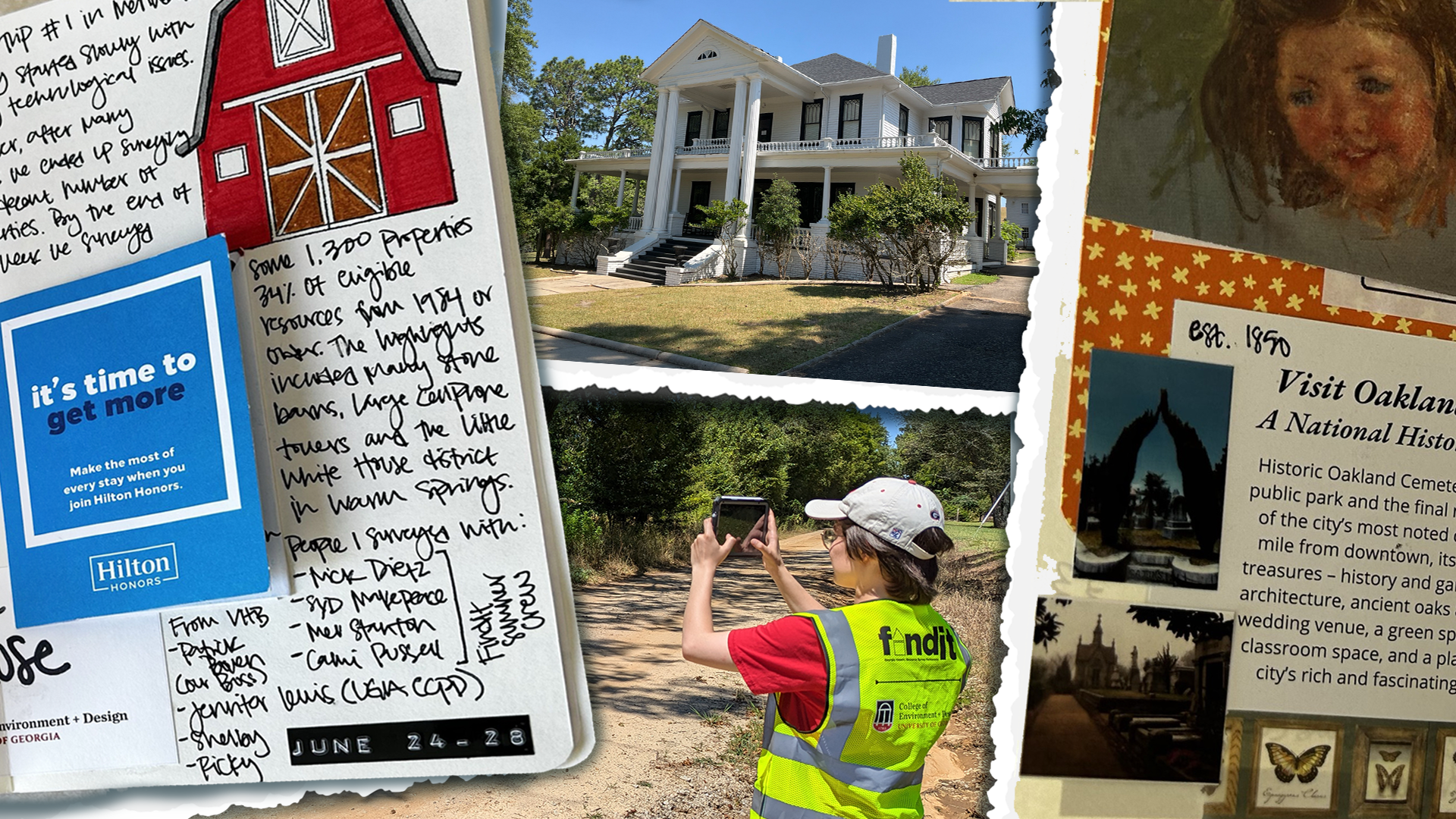Preserve the Past. Shape the Future.
Since 1982, our Master of Historic Preservation (MHP) program has been equipping students with the skills to manage and interpret the world around them. Our dedicated faculty prepare graduates to play pivotal roles in the dynamic fields of cultural resource management, preservation planning, and preservation advocacy.
We welcome students from diverse backgrounds, including history, anthropology, landscape architecture, agriculture, interior design, art history, and classics.
We also offer a minor and both graduate and undergraduate certificates to complement your educational journey in historic preservation studies. If you’re a prospective student eager to make a difference in preservation, we invite you to connect with us to discuss admission and funding opportunities.
What is Historic Preservation?
According to the National Park Service, “Historic preservation is a conversation with our past about our future. It provides us with opportunities to ask, ‘What is important in our history?’ and ‘What parts of our past can we preserve for the future?’ Through historic preservation, we look at history in different ways, ask different questions of the past, and learn new things about our history and ourselves. Historic preservation is an important way for us to transmit our understanding of the past to future generations.”
The MHP program at CED teaches students to revitalize our built and natural environments by managing them as they change. Our goal is to nurture passionate professionals who see preservation as an opportunity to protect and integrate historic resources into the vibrant life of their communities. We’re building on the strengths that have made the University of Georgia a hub for preservation education, attracting students from Georgia, the Southeast, and beyond.
Here’s what you can expect from our curriculum:
- Hands-on, community-focused experiences that balance academic learning with professional training.
- A deep understanding of the role and importance of historic resources.
- Practical knowledge of the principles and techniques for protecting and revitalizing historic resources in both urban and rural settings.
- Preparation for meaningful careers in preservation planning with various public organizations, private firms, or government agencies.
- The foundation to develop your personal philosophy of cultural heritage and its management
- The tools and confidence to emerge as leaders in the preservation field.








